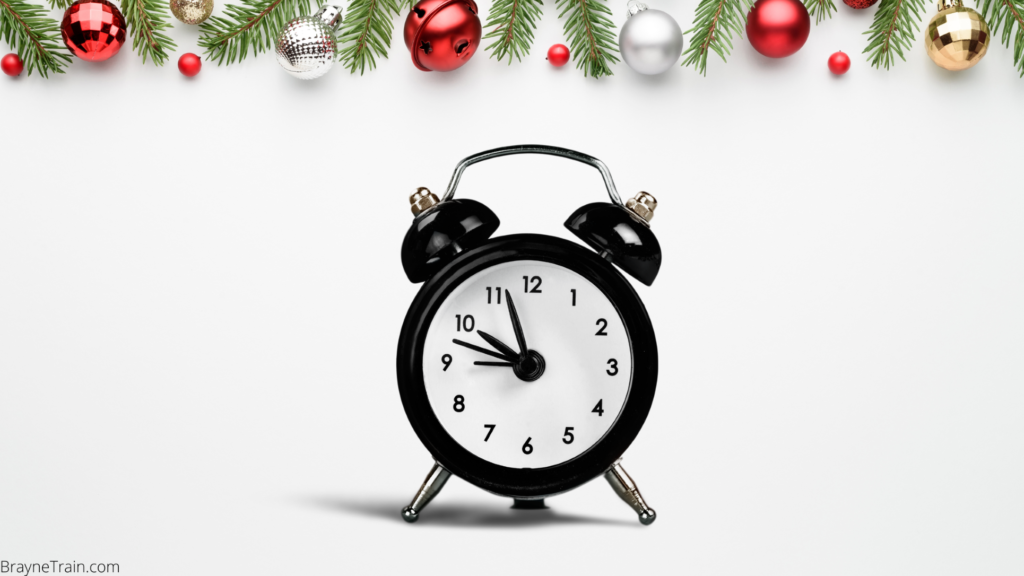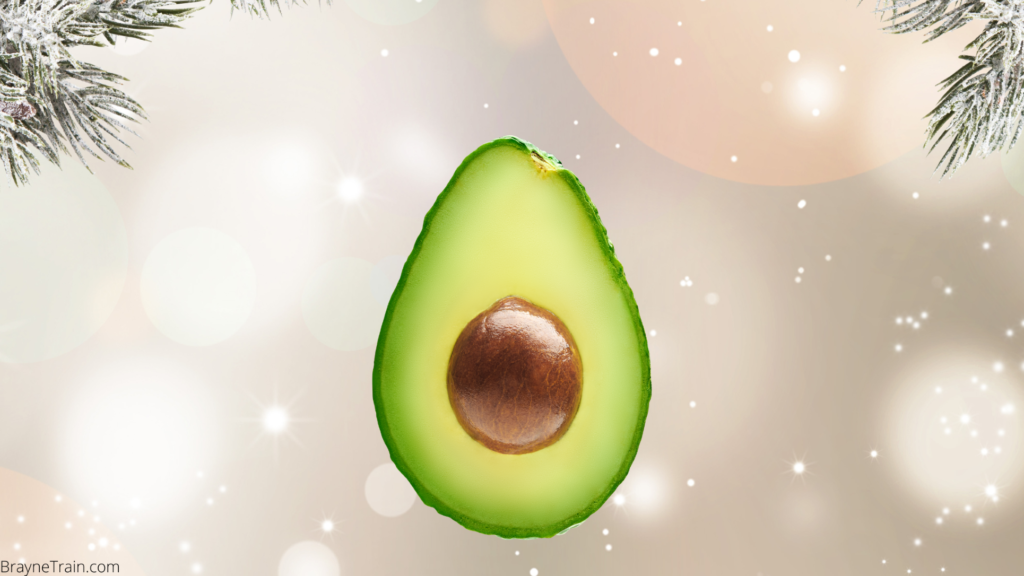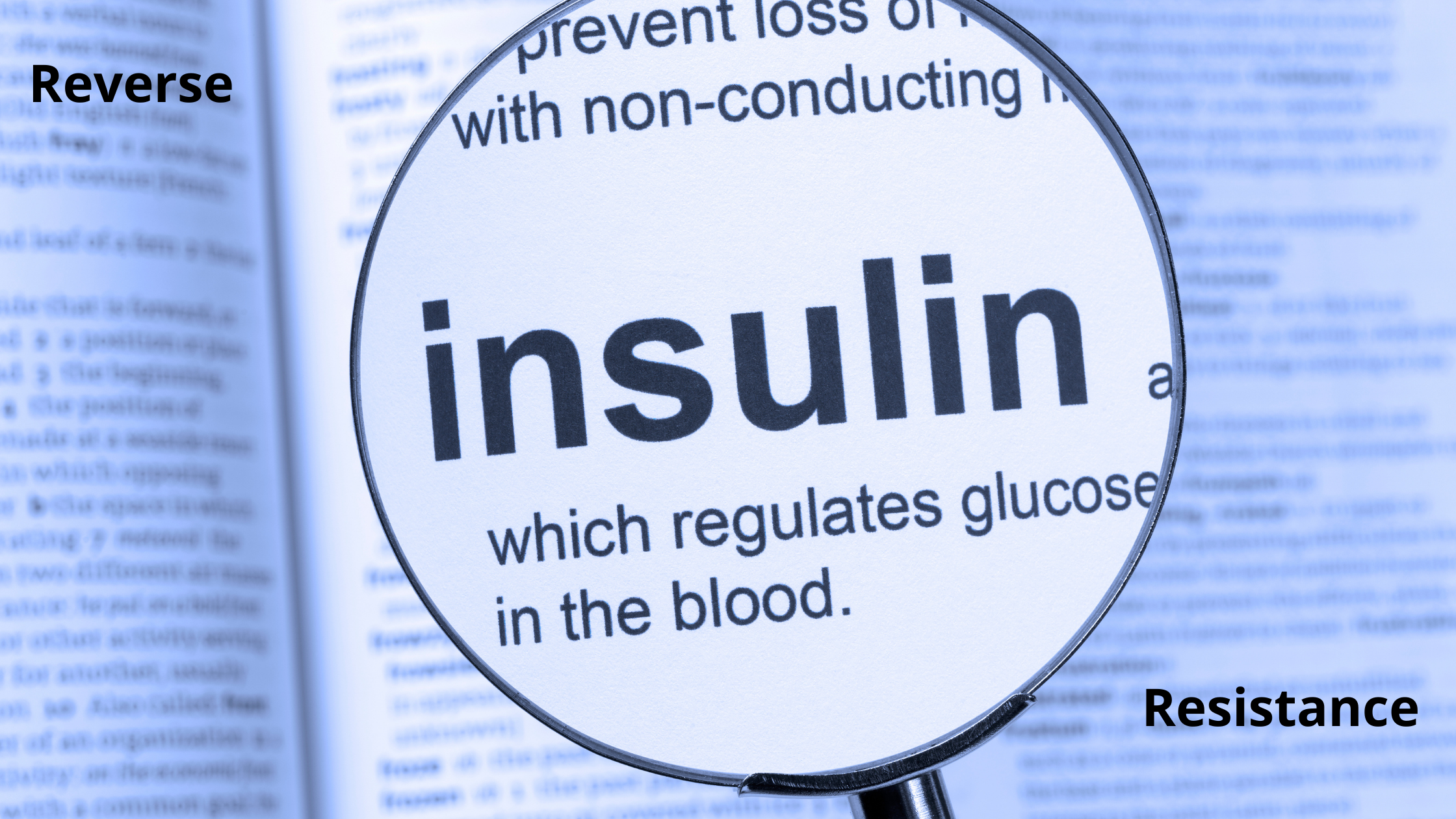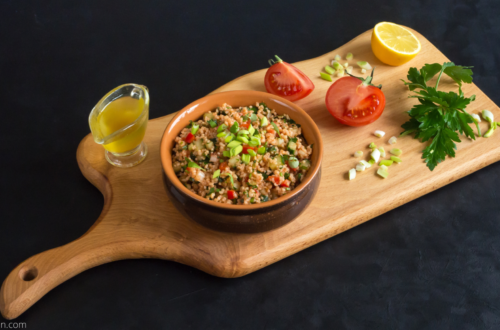
Fasting & Holidays; Should You Fast After Christmas?
So you went off your diet for Christmas, and now you are wondering if fasting can help you recover.
In this post, we will go over the pros and cons of fasting after a cheat meal or a cheat day like Christmas to help you decide for yourself if it’s a good idea to fast.
So keep on reading to learn more!
What is Fasting?
Fasting is the ancient practice of intentional abstinence from eating food for a certain period of time, for health, religion, or other reasons.
Scientific research has proven fasting to be beneficial for overall health. The health benefits of intermittent fasting include weight loss and lower blood pressure.
Top 10 Benefits of Fasting:
- lowers blood pressure
- Improves insulin resistance
- Lowers blood sugar
- Weight loss
- Improves diabetes
- Mental clarity
- Gets rid of food addiction
- Reduced cravings
- Better memory
- Increase agility

Top 5 Benefits Of Fasting After Christmas:
Cheat meals are a part of life, and what better day to cheat on your diet than Christmas!
However, cheat meals often include high amounts of carbohydrates and sugar, which cause elevated blood sugar, resulting in a sharp insulin spike.
Fasting after a cheat meal can help you manage the insulin spike and reduce the negative side effects that can come from it.
1. Lowers Insulin
Fasting after Christmas dinner can help lower insulin levels. After about 16 hours of fasting, insulin begins to fall.
Lower insulin will allow your body to burn stored sugar. Also, it helps reduce inflammation and bloating that can result from the high amounts of carbohydrates present in most cheat meals.
2. Stabilizes Blood Sugar
What goes up must come down. When your insulin spikes after a cheat meal, it will eventually crash.
The initial insulin spike helps remove glucose present in the blood and stores them as fat.
After insulin has removed the sugar, you will experience the infamous “sugar crash” or low blood sugar. Low blood sugar results in increased hunger and cravings.
Fasting helps lower insulin and stabilize blood sugar. When insulin levels are low, the body uses its stored glucose for fuel, which helps lower cravings and hunger.
To learn more about how a cheat meal can affect your body, click here.
3. Resets the body
Abstaining from food for 20 to 24 hours after Christmas cheat day will help reset your body and get you back on track.
Fasting allows the body to recover and get rid of the excess sugar in the blood.
Numerous studies have shown fasting to have many health benefits, including weight loss, reduced inflammation, and reversed insulin resistance.
4. ketosis
If you have been on a ketogenic diet and decided to break your keto for Christmas, fasting can be the quickest way to get back into ketosis.
Ketosis is the state in which your body uses fat for fuel instead of sugar. After a cheat day or a cheat meal, your body is most likely kicked out of ketosis.
Fasting after your cheat day can help push your body back into ketosis by lowering insulin levels and eliminating excess sugar.

It’s important to note, if you have been on keto for a long time, it will be much easier to get back into ketosis.
However, if you have just started keto, a cheat day will be harder on your body, and it can take up to one week to get back into ketosis. Fasting after christmas can help expedite this process.
5. Weight Loss
Most cheat meals contain high amounts of carbohydrates, sugar, and salt, which most likely will cause your body to retain water.
In fact, the body stores up to 3 to 4 grams of water for every gram of carbohydrates.
Therefore, the weight gain you experience after a cheat day is primarily due to this water retention.
Fasting can help eliminate the excess water by allowing your body to reset and recover and lose the extra water weight.

Who should not fast After Christmas?
It is important to note if you have never fasted before, it’s best not to start fasting right after a cheat day like Christmas.
Starting with a 20 or 24-hour fast without practice can be hard on your body, and cause hunger, cravings, headache and weakness. Also, you will likely not be able to complete your fast.
Instead, prepare your body for a fast. Start with a 12 or 14 hour fast and gradually work your way up to a longer fast such as the OMAD, one meal a day, fast.
In addition, pregnant or breastfeeding women, children, individuals with nutritional deficiencies, or any other serious medical conditions should not fast.
Disclaimer: if you have any medical conditions, make sure to consult with your doctor before practicing a fast.
So Should You Fast After the Holidays?
It is ultimately up to you to decide if you should fast after the holidays.
If you have practiced intermittent fasting in the past, fasting for 20 to 24 hours or longer after Christmas can be an excellent way to get back on track and into ketosis.
However, if you have never fasted before, it’s best not to start a fasting routine right after a cheat day. You will be less likely to succeed due to increased hunger and cravings.
If you decide to start fasting, make sure you do your research, prepare your body, talk to your doctor, and always start with a shorter fast and eventually work your way up to a longer fast.
Merry Christmas!
References
Sutton EF, Beyl R, Early KS, Cefalu WT, Ravussin E, Peterson CM. Early Time-Restricted Feeding Improves Insulin Sensitivity, Blood Pressure, and Oxidative Stress Even without Weight Loss in Men with Prediabetes. Cell Metab. 2018 Jun 5;27(6):1212-1221.e3. doi: 10.1016/j.cmet.2018.04.010. Epub 2018 May 10. PMID: 29754952; PMCID: PMC5990470.
Rahman MS, Hossain KS, Das S, Kundu S, Adegoke EO, Rahman MA, Hannan MA, Uddin MJ, Pang MG. Role of Insulin in Health and Disease: An Update. Int J Mol Sci. 2021 Jun 15;22(12):6403. doi: 10.3390/ijms22126403. PMID: 34203830; PMCID: PMC8232639.




